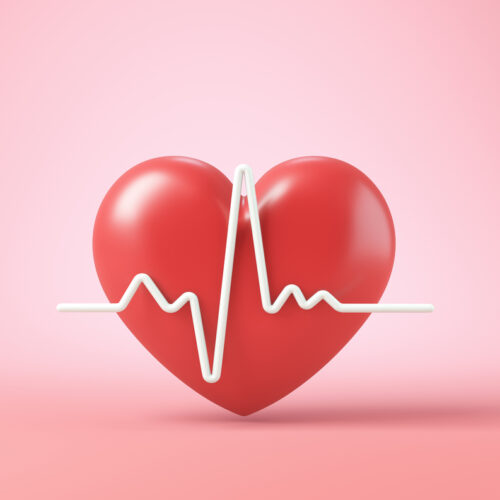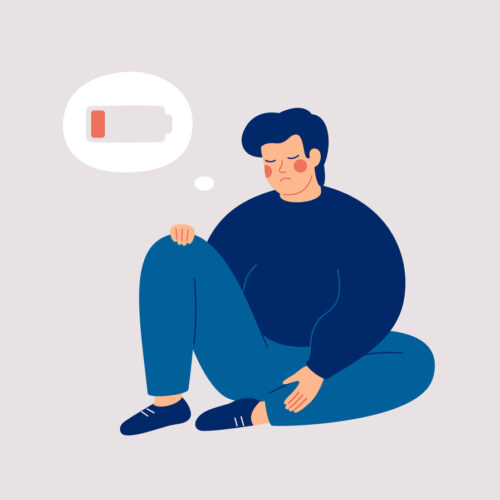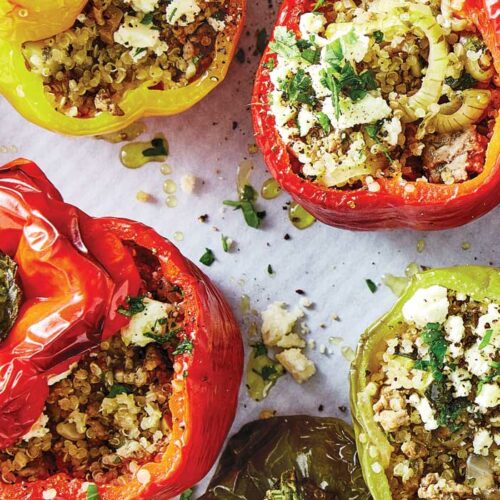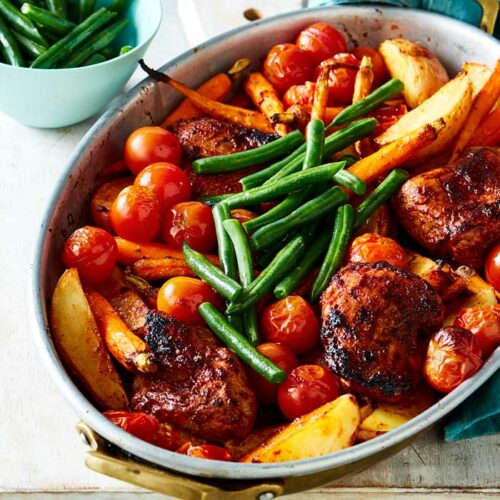
If you’re finding it hard to manage your weight but don’t feel like you’re eating more than usual or exercising less, Healthy Food Guide nutritionist Claire Turnbull has five questions for you to ask yourself, to get to the bottom of any unwanted weight gain.
1 Am I eating when I’m not actually hungry?
There are so many reasons we eat, but many of them have nothing to do with needing food. If someone offers us food, it is sometimes easier just to say yes in order to be ‘polite’, regardless of whether we are actually hungry or not. Eating also fills a time gap, it is something to do when we are bored, need a distraction or are just standing around by the kettle waiting for it to boil. Chocolate, cake, biscuits and other delicious morsels are also an easy go-to if you aren’t feeling good or have had a rough day. Alcohol, equally, may fill a similar gap.
The result? It is pretty easy to eat (and drink) more than our body needs, without really meaning to. It can be helpful to keep a record of what you are eating over a week and also, why you ate when you did. Then think about what you can do instead of eating at those times when you were just filling an emotional gap, time void or pleasing someone else.
Check out our food diary here.
2 How big are my plates?
Our plate sizes have significantly increased in recent years and as the amount we eat is often based on what we visually perceive to be enough, rather than just what our body needs nutritionally, it can be pretty easy to serve yourself up more food than necessary when your plate is bigger. That extra scoop of pasta, slice of meat or sprinkle of cheese, over time, may add up.
An easy change to make is to start using smaller plates and bowls for your meals. It can also be helpful serve up your meals in the kitchen and only put salad or veggies on the table where you are eating. That way, if you are tempted to ‘pick’ when you have finished what’s on your plate, it is extra veg you’ll choose.
Need help managing your portions?
3 Are my hormones to blame?
It’s estimated that around 1 in 8 women have polycystic ovary syndrome (PCOS), and with this condition, it is highly likely that you will struggle with insulin resistance. What this means is the body ends up making more insulin to try and compensate for the ‘resistance’ to it but, frustratingly, the end result is it can make it more challenging to manage your weight.
Similarly, menopause can also increase insulin resistance and can be similarly frustrating in the weight gain department.
To increase how well your body responds to insulin and, in turn, help you manage these challenges, it is helpful to keep as active as possible and be sure to include some resistance (weight bearing) exercise to help increase the amount of lean muscle on your body and make your body more efficient at burning off food. Moderating the amount of carbohydrate, you have as well as aiming to improve the quality of carbs you eat can also help. Check this out for more help managing your hormones.
4 Is what I am drinking part of the issue?
Given that three glasses of wine are equivalent in calories/kJ to around seven slices of bread, and three double gin and tonics equal to nearly eight slices, it’s not hard to see that alcohol can have a significant impact on the waistline.
Checking in with the amount you are drinking is well worth the effort, check out how many ‘bread’ equivalents you are drinking.
Alcohol isn’t the only thing to consider. Smoothies and juices can be equally problematic if you enjoy them regularly and they aren’t well balanced. A large (590ml) bought all berry smoothie for example can have 2110kJ…equivalent to 7.5 slices of bread! Plus, it may have 80g of sugar… that’s 20 teaspoons.
Here are some great alcohol-free ideas and smart ways to drink less, plus ideas to make healthy balanced smoothies that aren’t packed with sugar.
5 Am I getting enough sleep?
Feeling tired? If so, you are likely to eat more. Sleep deprivation can affect the hormones that control your appetite and you can end up feeling hungrier. When you are hungry and tired, salad and veggie soups aren’t often the go-to either, meaning that the types of foods you are likely to opt for, won’t be helpful when it comes to keeping managing a healthy weight range.
Here are some tips to help you get a great night’s sleep.
Article sources and references
- PCOS evidence-based guidelines. Monash University. Accessed July 2020https://www.monash.edu/__data/assets/pdf_file/0004/1412644/PCOS_Evidence-Based-Guidelines_20181009.pdf
www.healthyfood.com
















